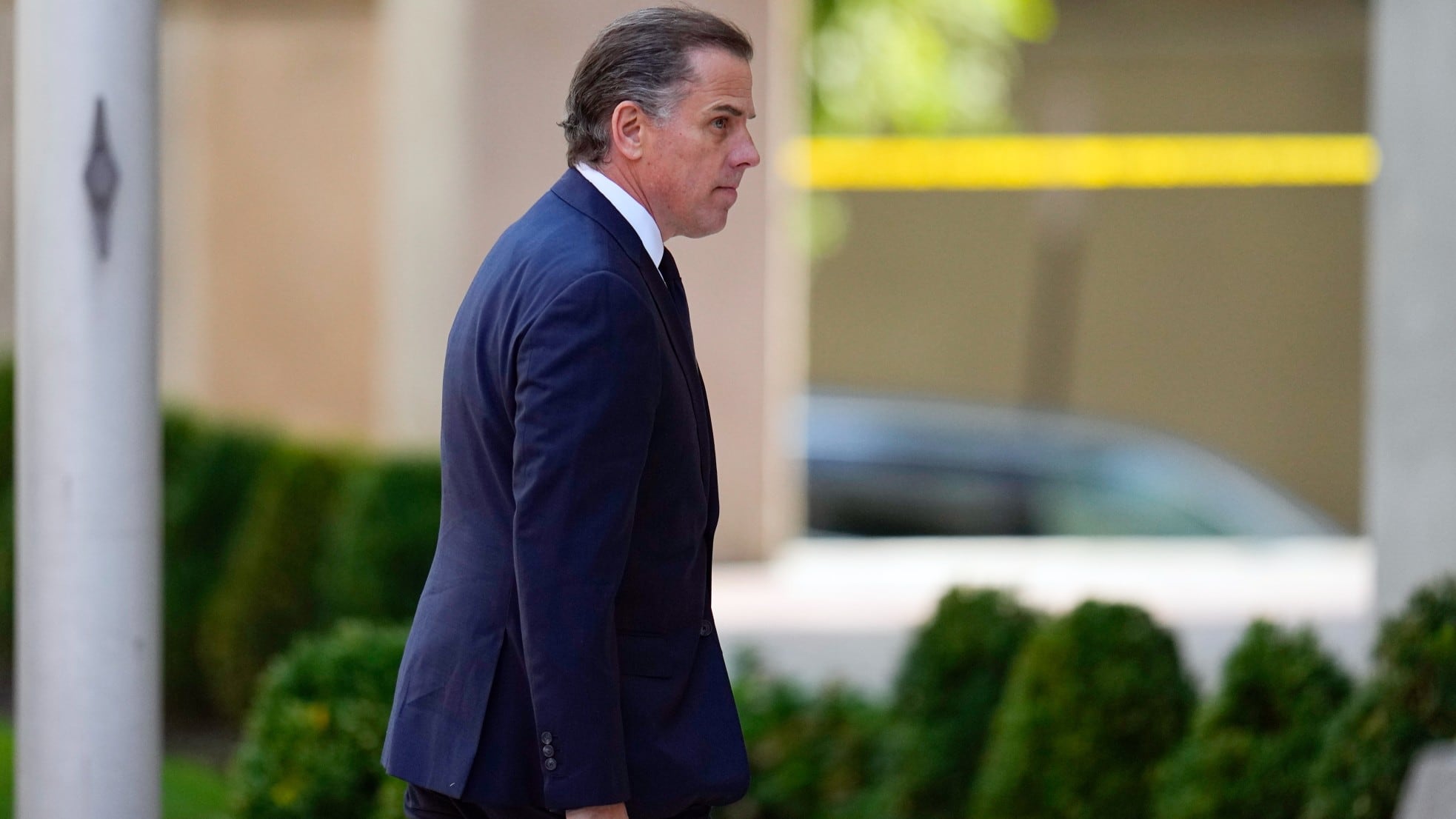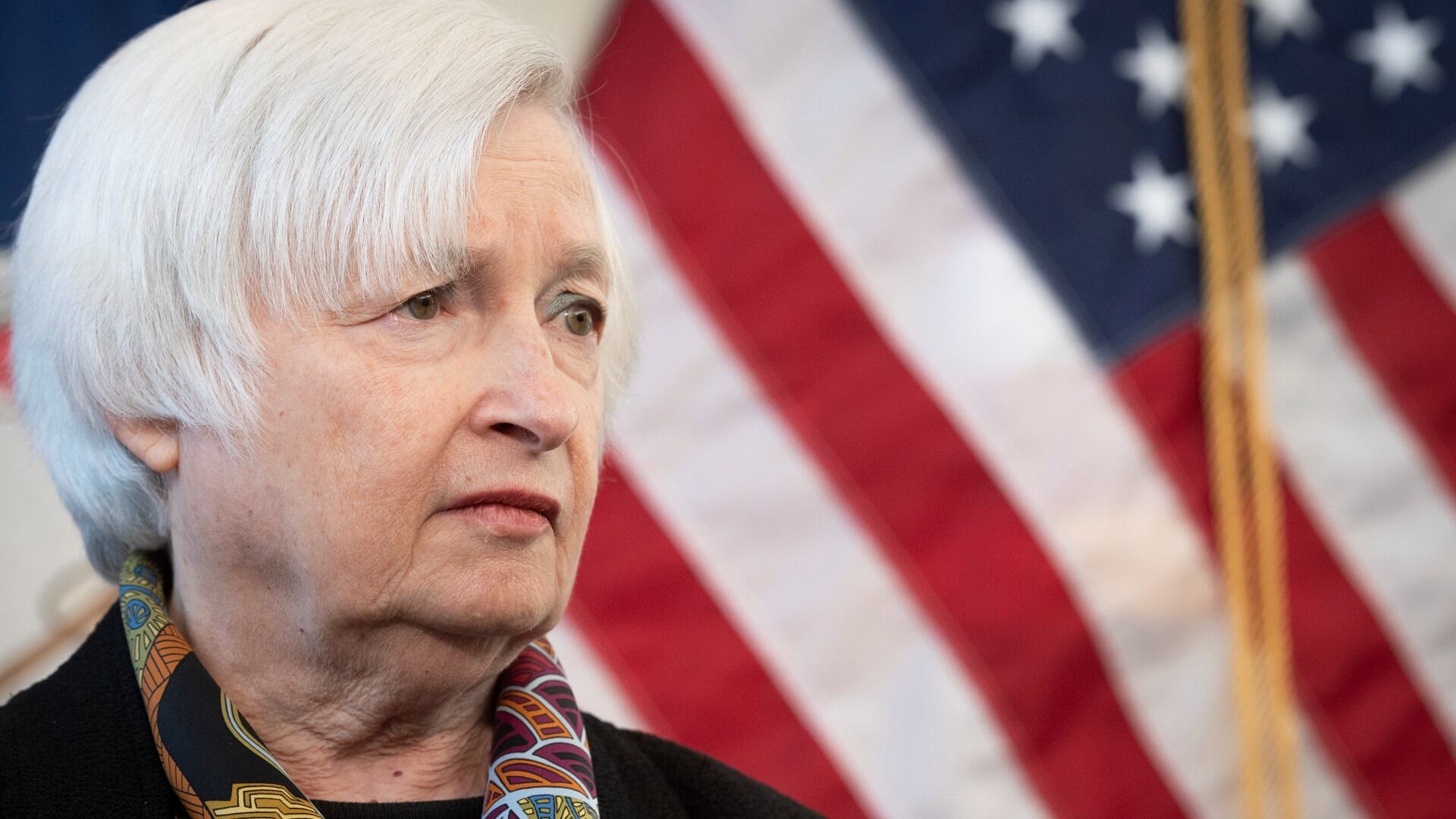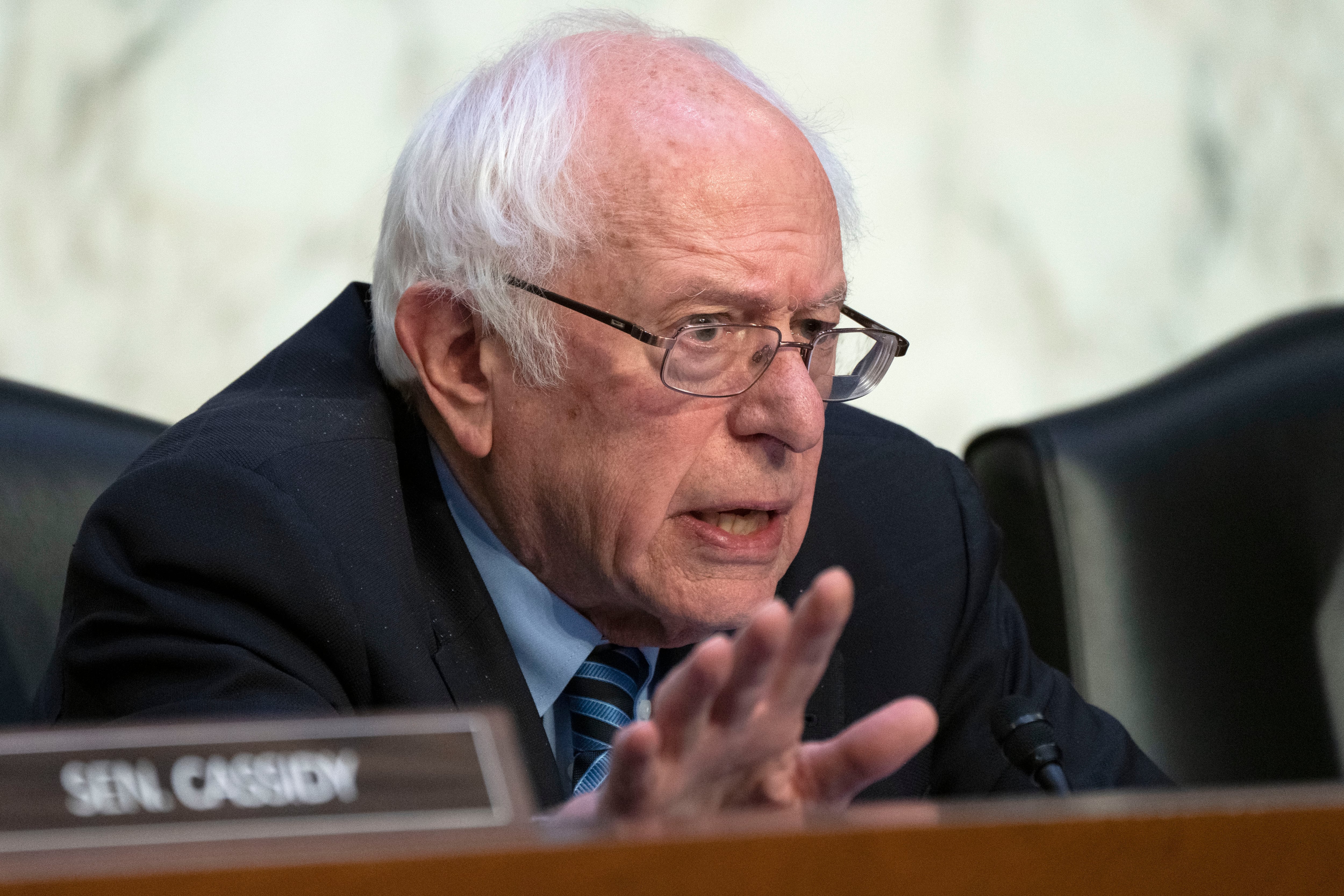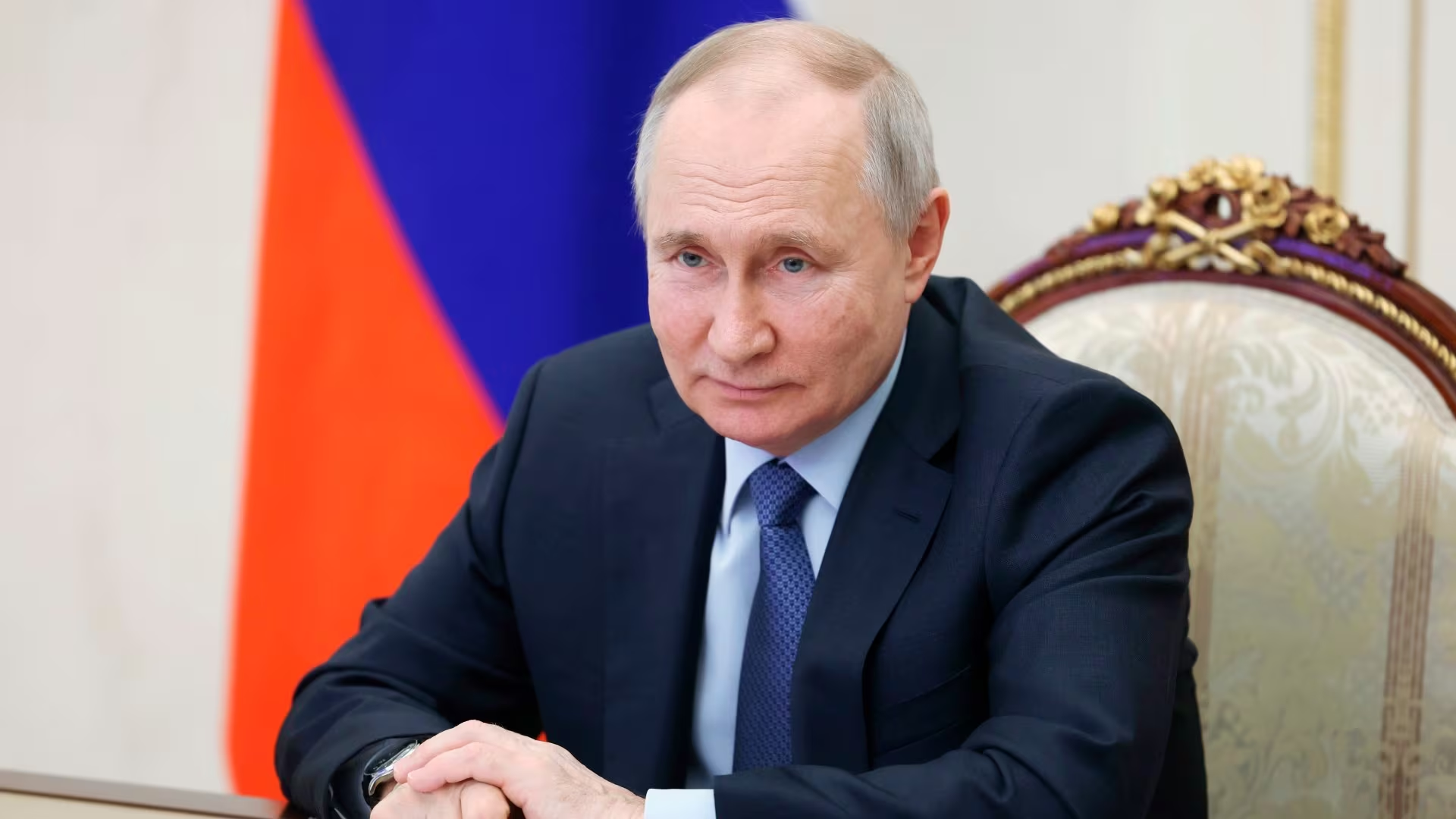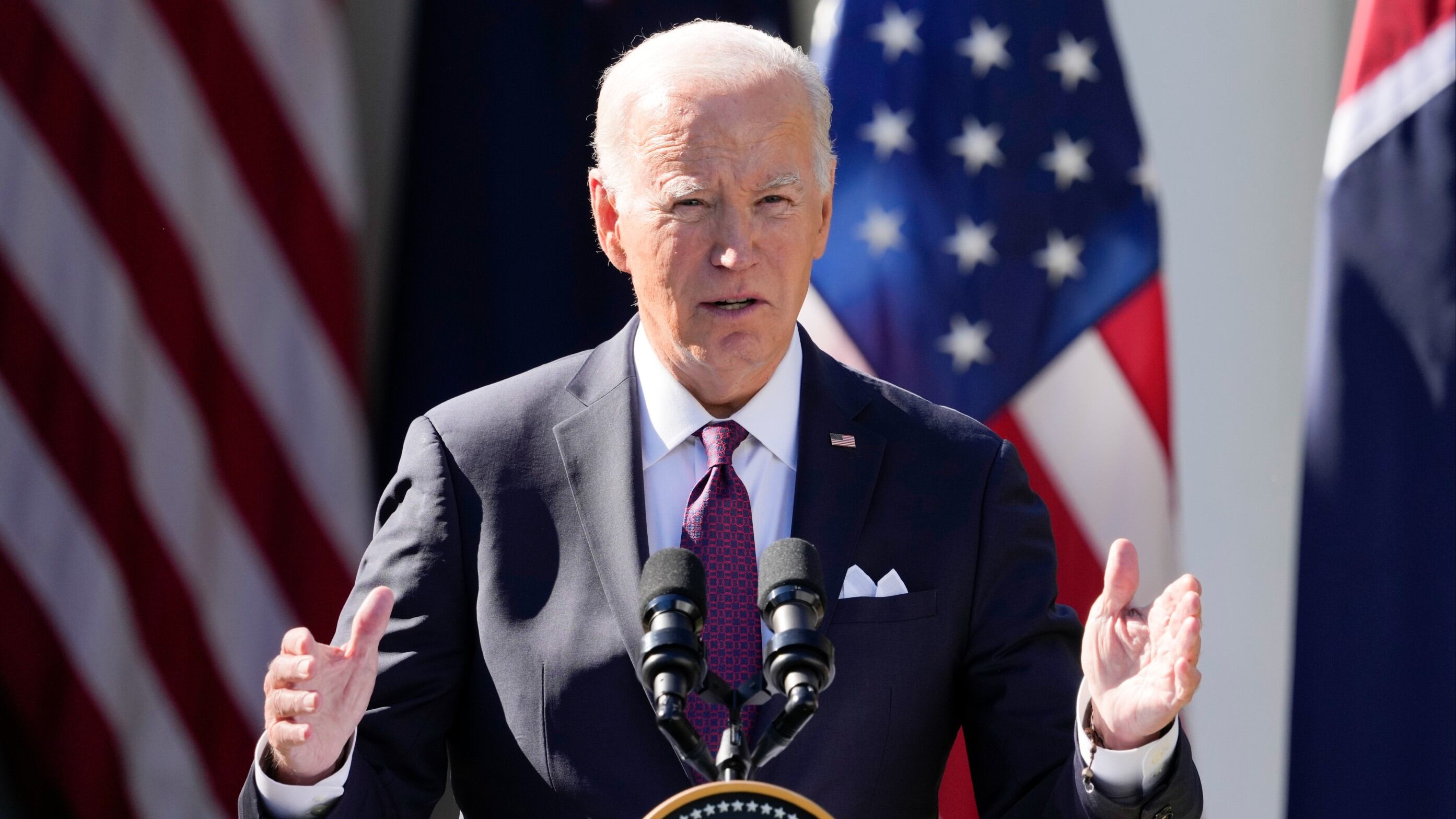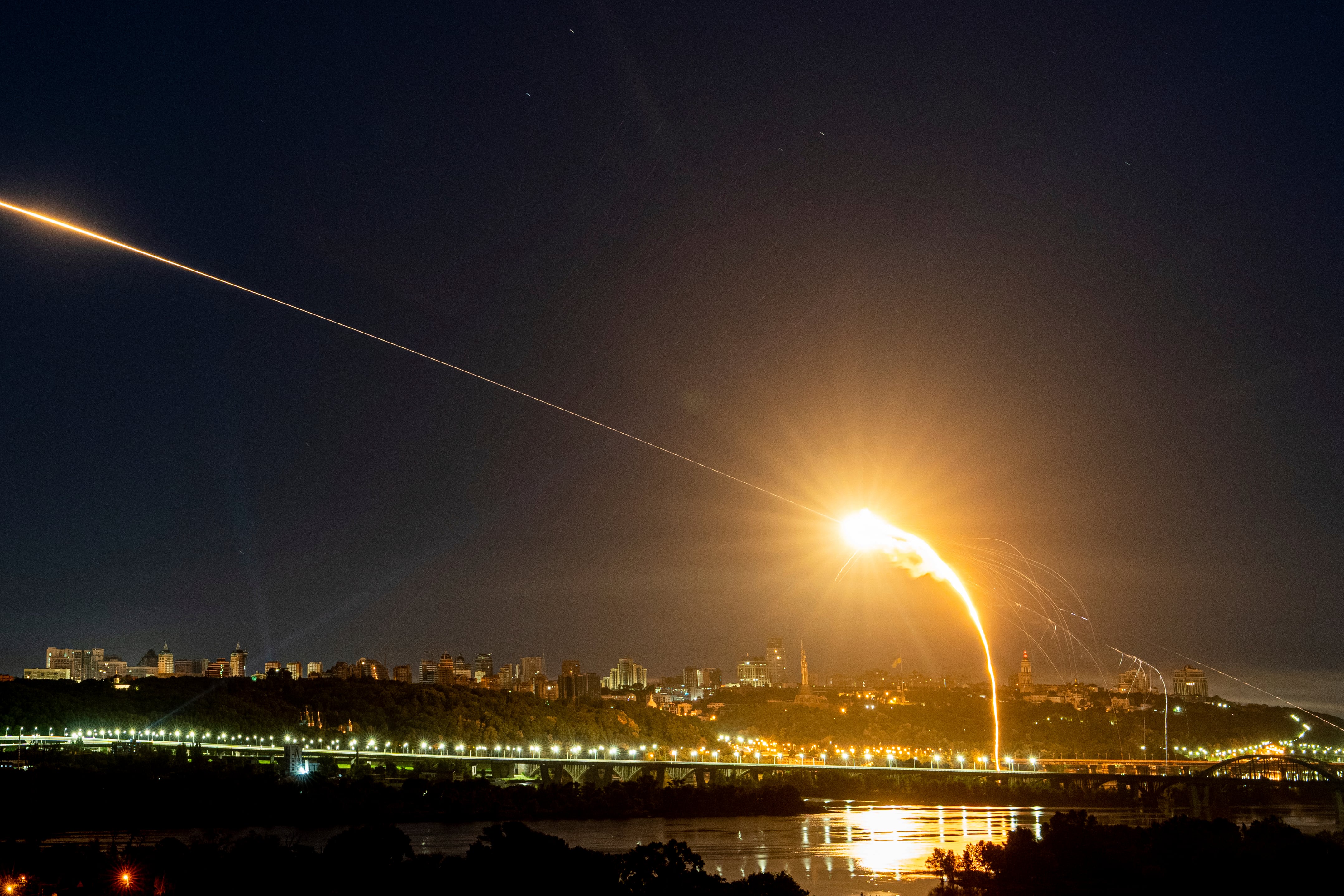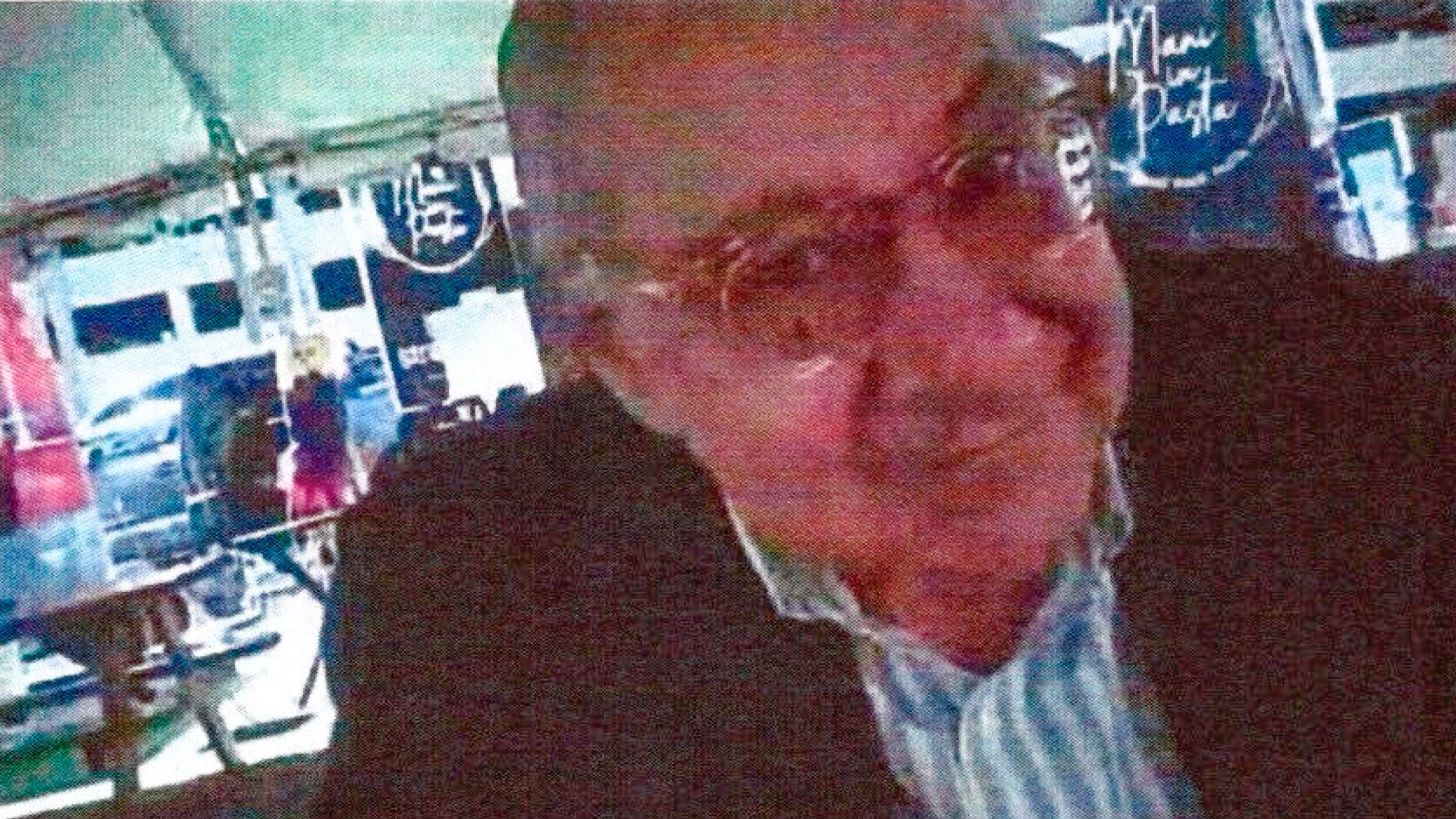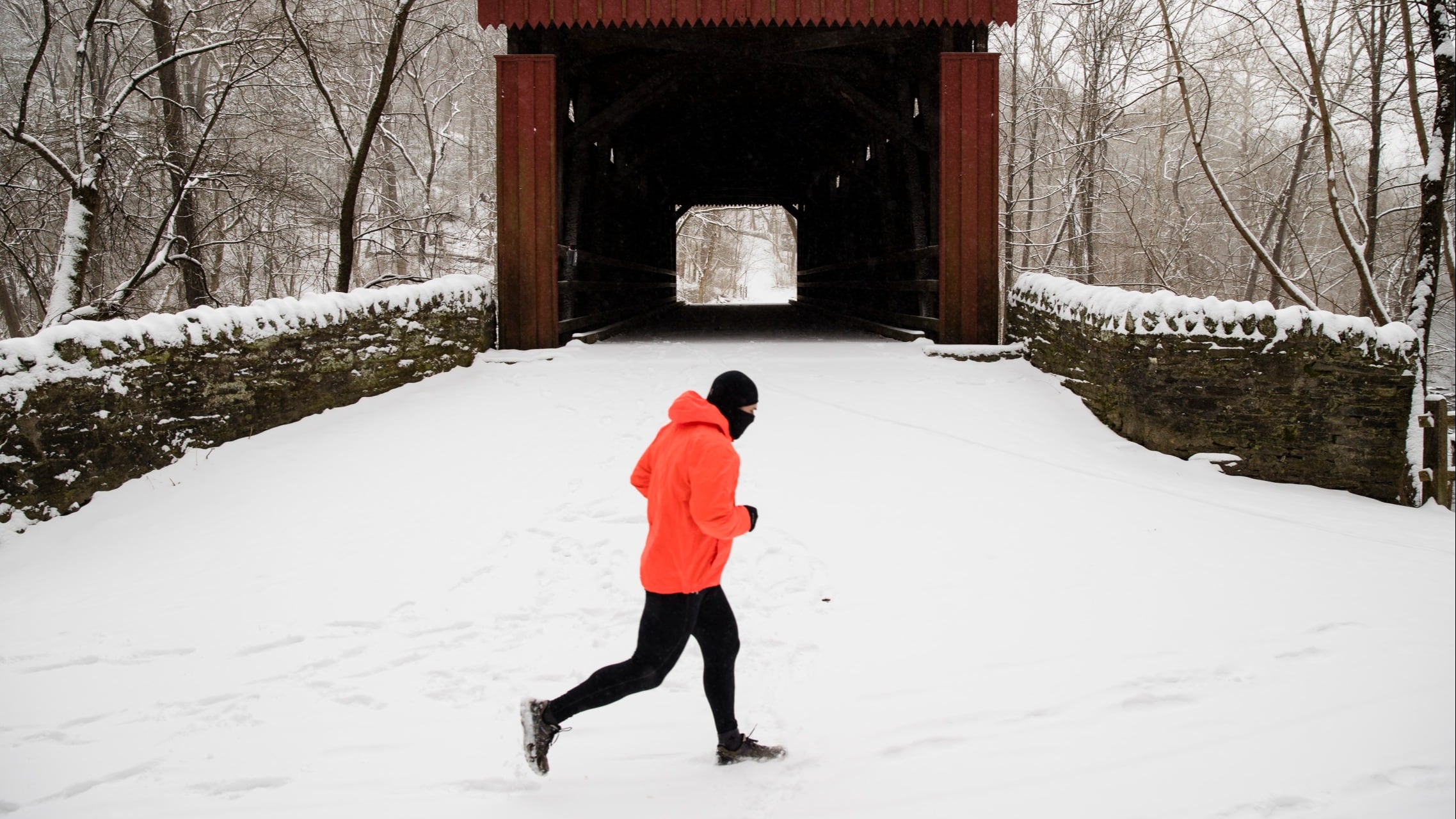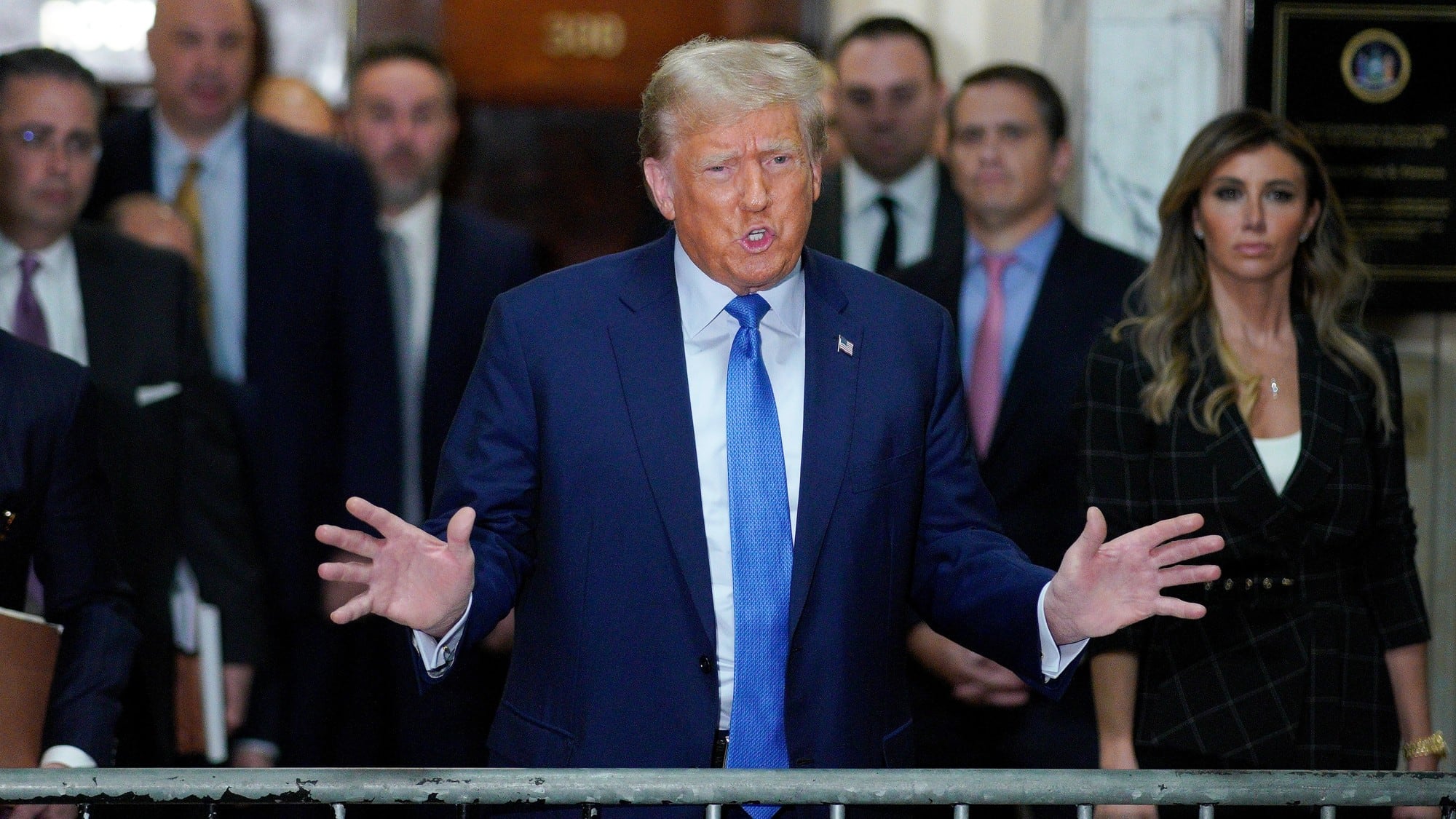The Supreme Court on Monday upheld a 1991 law that bars robocalls to cellphones.
The case, argued by telephone in May because of the coronavirus pandemic, only arose after Congress in 2015 created an exception in the law that allowed the automated calls for collection of government debt.
Political consultants and pollsters were among those who asked the Supreme Court to strike down the entire 1991 law that bars them from making robocalls to cellphones as a violation of their free speech rights under the Constitution. The issue was whether, by allowing one kind of speech but not others, the exception made the whole law unconstitutional.
Six justices agreed that by allowing debt collection calls to cellphones Congress "impermissibly favored debt-collection speech over political and other speech, in violation of the First Amendment," Justice Brett Kavanaugh wrote. And seven justices agreed that the 2015 exception should be stricken from the law.
"Americans passionately disagree about many things. But they are largely united in their disdain for robocalls," Kavanaugh noted at the outset of his opinion.
During arguments in the case in May, Justice Stephen Breyer got cut off when someone tried calling him. Breyer said after he rejoined the court's arguments: "The telephone started to ring, and it cut me off the call and I don't think it was a robocall."
Federal prosecutors opposed Hunter Biden's request to subpoena documents from former President Trump and other members of his administration.
The U.S. may form a naval task force to escort commercial ships through the Red Sea, days after Houthi rebels struck three vessels with missiles.
Treasury Secretary Janet Yellen is heading to Mexico this week to promote her agency's new strike force to help combat illicit fentanyl trafficking as the U.S. and China step up efforts to stop the movement of the powerful opioid and drug-making materials into the United States.
Sen. Bernie Sanders and the Democratic senators involved say they are firm in their stand that Israel's military must adopt substantive measures to lessen civilian deaths in Gaza as part of receiving the supplemental's $14.3 billion in U.S. aid for Israel's war.
Russian news outlets are reporting that President Vladimir Putin is set to make a rare trip abroad this week.
President Joe Biden is preparing a package of healthcare measures that include cutting prescription drug prices.
The White House is urging Congress to pass President Biden's aid package for Ukraine warning that the U.S. will be out of funding by the end of the year.
A former U.S. diplomat has been arrested and accused of being a secret Cuban spy.
Philadelphia City Council passed legislation to ban ski masks in some public spaces, a measure supporters say will increase public safety amid high violent crime, but opponents argue it will unfairly target people without proof of any wrongdoing.
A federal appeals court ruled that former President Donald Trump won't have presidential immunity in civil lawsuits related to the January 6th attack on the Capitol.

